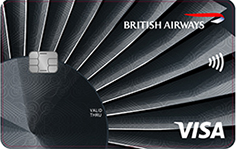Vishing Scams
We are all aware of phishing - and think twice before we click on any links in emails that could compromise our personal information. Unfortunately, fraudsters have very innovative ways of getting to your money - and Vishing is one of these ways.
As opposed to the normal phishing procedure where you sent an email requesting you to click through to a page (that often looks exactly like the logon page of your bank but is under a fake URL), Vishing requires you to phone a telephone number to update your details or to avoid having your account closed.
When you phone the number, an automated recording (or a real person) will take your call (using the name of the company concerned) and ask you to verify your information for security purposes. Often this includes your account number and your identity number. Alternatively, they call you directly posing as a consultant from the bank - and ask you the same questions. Once they have the information, they often put you on hold while they attempt to access your account and your money.
As a rule of thumb: don’t click on that link and don’t call that phone number. If you are concerned and would like to speak to your bank, contact them via the usual channels. Phone the call centre using a verified number. Type in their website address directly - don’t click on URLs.



